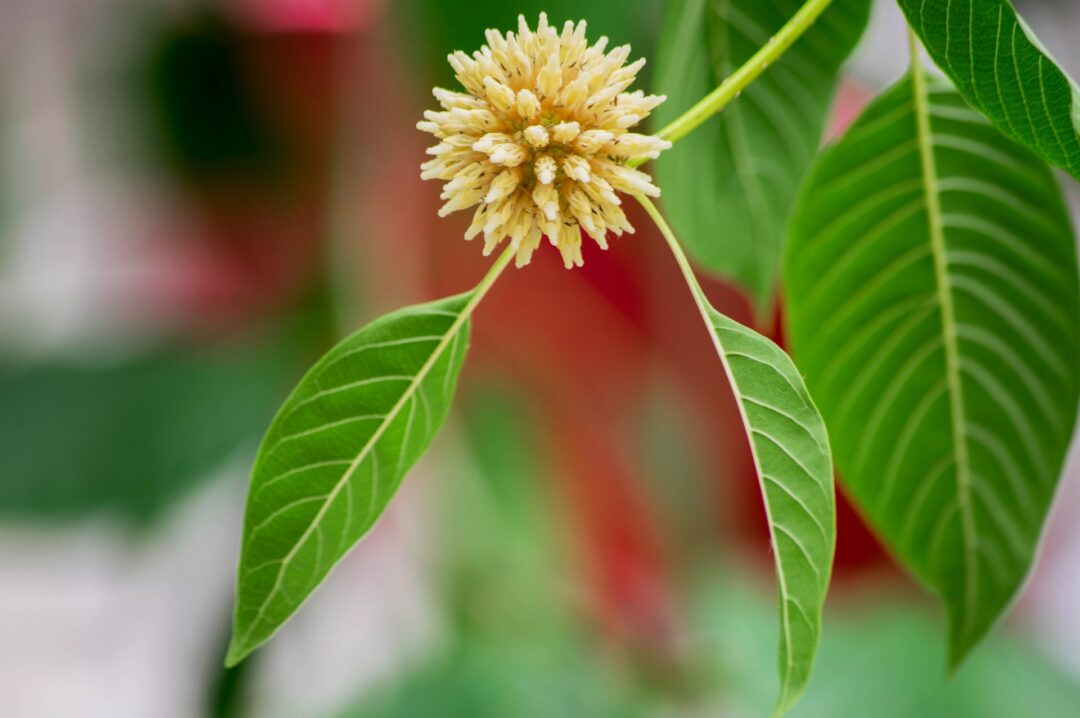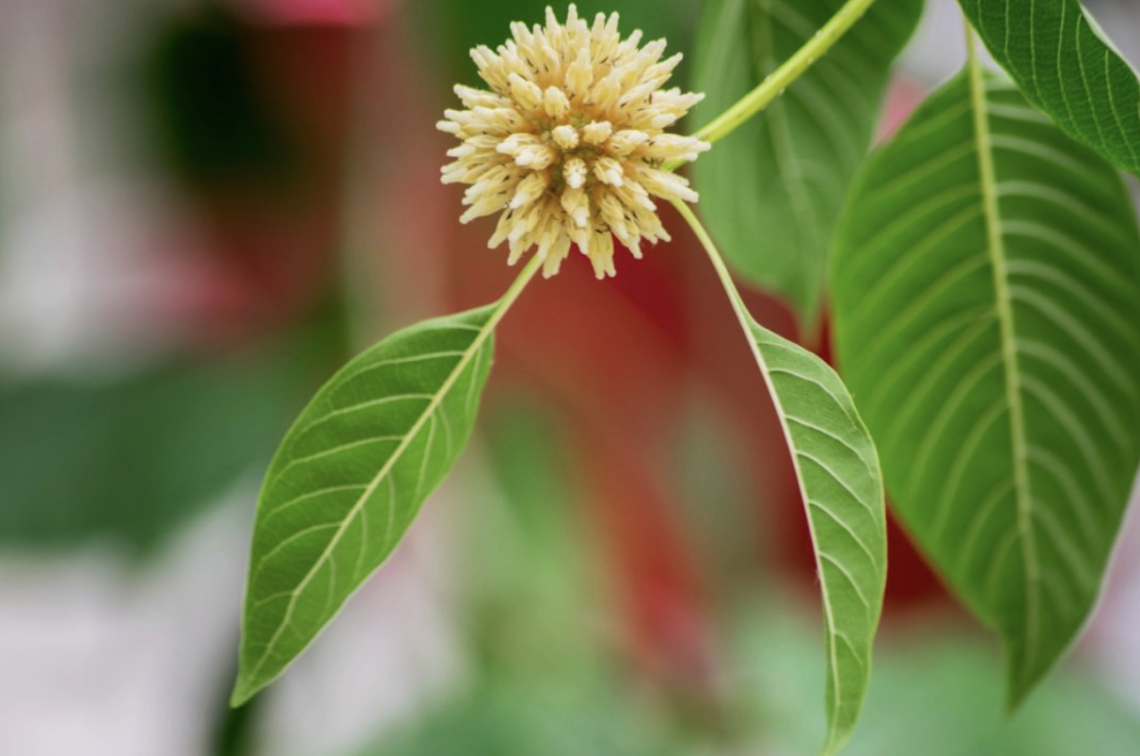The AKA is working to prevent criminalization, enact proactive legislation to protect the rights of kratom consumers, and ensure that consumers have access to safe products.

Washington D.C.—The American Kratom Association (AKA) is raising awareness about efforts to safeguard the millions of Americans who use kratom products. The consumer protection group is working to:
- prevent criminalization
- enact proactive legislation to protect the rights of kratom consumers
- ensure that consumers have access to safe products
About kratom
“Kratom is a plant native to Southeast Asia that has been used for centuries to help people improve their health and well-being,” said Mac Haddow, AKA Senior Fellow on Public Policy, in a press release. “Our goal is to educate all Americans with the truth about kratom— rom potential consumers to regulators and everyone in between.”
The benefits of kratom for chronic pain have been debated within the natural products industry. In a column for WholeFoods Magazine, Jacob Teitelbaum, M.D., maintained that kratom has a lower risk than opiods. “With one third of Americans suffering with chronic pain, approximately 50,000 preventable U.S. deaths each year from arthritis medications (e.g. NSAIDs like ibuprofen), and 5,000 yearly deaths from prescribed narcotics used as directed, we clearly have a major problem in how we treat chronic pain,” Dr. Teitelbaum wrote. “Having effectively treated thousands of people with fibromyalgia and other forms of severe chronic pain, and published a number of studies and textbook chapters on this, one simple fact has become very clear: Virtually all pain can be effectively treated, by using the entire healthcare toolkit. This includes both natural and prescription options, as well as socially controversial natural treatments such as marijuana, hemp oil, and kratom.”
Also commenting in the column, Ginevra Liptan, M.D., noted, “Kratom does have exciting therapeutic potential as a pain treatment, but for it to be really useful medically we need more information about safe dosing and interactions with other medications and access to high quality, standardized products.”
Researchers are working to gather that knowledge base on kratom.
The Amereican Kratom Association shared that the National Institute on Drug Abuse has currently funded more than $30 million in kratom research studies, including several grants totaling $15 million at the University of Florida. Haddow points to a study from Johns Hopkins Medicine: “Research indicates kratom can act as a pain reliever for acute and chronic pain and potentially even treat opioid withdrawal,” Haddow noted. “But safety must remain a top priority.”
Calls for responsible kratom legislation
AKA said in its press release that there is an uptick in the emergence of adulterated kratom products containing dangerous ingredients like synthetics and fentanyl. This, Haddow stressed, is why proactive consumer legislation is needed, Kratom Consumer Protection Acts prohibit dealers from selling adulterated products. The acts also establish labeling requirements and provisions to protect kratom consumers.
“Eleven states have already enacted kratom consumer legislation,” Haddow said. “And we call on all states to responsibly regulate kratom products.”
Haddow added: “The American Kratom Association recognizes that every effort should be made to keep kratom risks low, and protect consumers from adulterated and contaminated kratom products. With appropriate FDA consumer regulation, we can maximize the potential for kratom to be responsibly used for the improvement of health and well-being of individuals and public health in America.”







